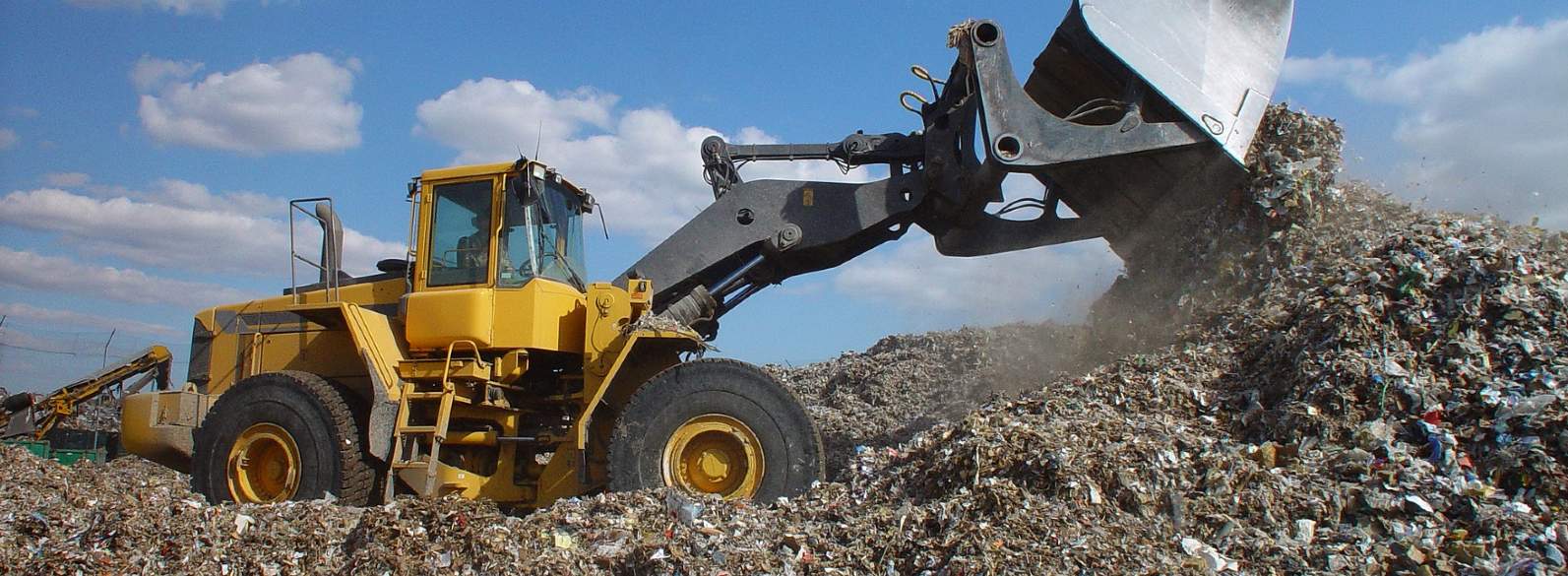Friday 20 September 2024 marks the fifth annual World Cleanup Day, a global campaign which unites volunteers, governments and organisations to tackle the worldwide waste crisis.
Its president, Heidi Solba, explained when we recently spoke to her: “I started this campaign because I saw first-hand the damaging effects of rising pollution in the environment. I wanted to ensure the magnitude of the problem was being realised in the mainstream.”
“As global economies and populations have increased, the production of materials, including plastics, paper, and construction materials, have risen at astonishing rates in recent decades”, she added. This has not been properly managed, and in turn, has led to increasing pollution in our environment and natural ecosystems.”

.jpg)
.jpg)